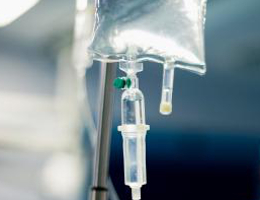A new study has found that health officials might need to take another look at blood pressure recommendations for people with Type 2 diabetes.
The study authors write, “Among patients with type 2 diabetes, BP lowering was associated with improved mortality and other clinical outcomes. These findings support the use of medications for BP lowering in these patients.”
Professor Kazem Rahimi, of The George Institute United Kingdom and The University of Oxford, reports, “Our results lead to potentially different recommendations from those made in several recent guidelines.” He explains that the results actually point to the controversial “JNC8” guidelines, which had relaxed the blood pressure lowering threshold for those who have diabetes.

The study authors continue, “Further trials that evaluate BP-lowering treatment into the 120- to 130-mmHg range among hypertensive and nonhypertensive diabetic individuals would clarify whether lowering systolic BP to a target of less than 130/80 mmHg would further reduce vascular risk relative to a target of less than 140/90 mmHg.”
Rahimi goes on to say, “People with a blood pressure of 140 or higher are likely to enjoy the greatest benefit from blood pressure lowering, and for most, the benefits of taking blood pressure medication are likely to outweigh the potential side effects. In people with systolic blood pressure below 140 mm Hg, treatment recommendation requires more careful assessment of the patient’s likely absolute net benefit.”
He also notes, “Certainly BP should be lowered to below 140/90 mm Hg and I would suggest it would be appropriate to go lower than 130/80 if the patient will tolerate it and this is more likely to be tolerated better in younger people.”


